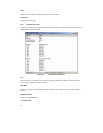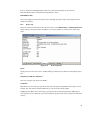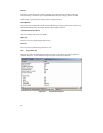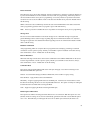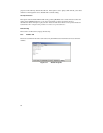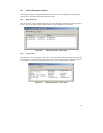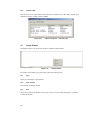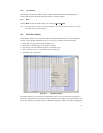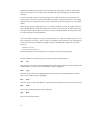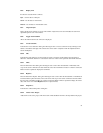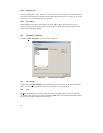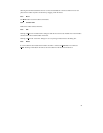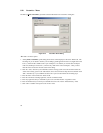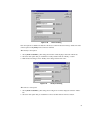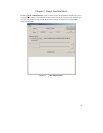92
multiple tabs simultaneously. Normal S-record and binary files (and uploads via address) will only have
data for one flash area at a time, which will leave the other tabs empty (although they can still be edited
manually).
To close an open file, click the cross in the top right corner of that file. If the file is unsaved, FDT will
prompt to ask if you want to save the open file unless the shift key is held down whilst the cross is clicked.
After closing and saving, FDT will ask if you wish to add the file to the current project if it is not included
already.
When saving a .ddi file as a different file type, e.g. S-Record, then FDT is not able to output the data from
each of the DDI tabs into a single file. In this case it will issue a warning that only the data from the active
tab will be saved into the file. The active tab is the currently viewable tab. NOTE - This may result in data
loss when compared to the original DDI file.
Also note that FDT will default to saving text based file formats (e.g. S-Record or DDI) as uppercase, even
if the original file was lowercase. This is to improve compatibility with other Renesas tools. This behaviour
is new from 3.06 and can be modified by adding an entry into the FDT.ini file (found in the root install
directory):
[ECXSRecordView]
LowerCaseSRecordSave=1
This will make FDT case aware and ensure it saves lowercase files in their original format.
The above window has a right-click pop-up menu that contains the following items:
8.8.1
Cut
This will remove the contents of the highlighted block from the window and place it on the clipboard in the
standard Windows
®
manner. This is only available if a block is highlighted.
8.8.2
Copy
This will copy the contents of the highlighted block to the clipboard in the standard Windows
®
manner.
This is only available if a block is highlighted.
8.8.3
Paste
This will copy the contents of the Windows
®
clipboard into the child window at the current cursor position.
8.8.4
Undo
Reverses the last editing operation on the selected data.
8.8.5
Redo
Reverses the last undo operation.



